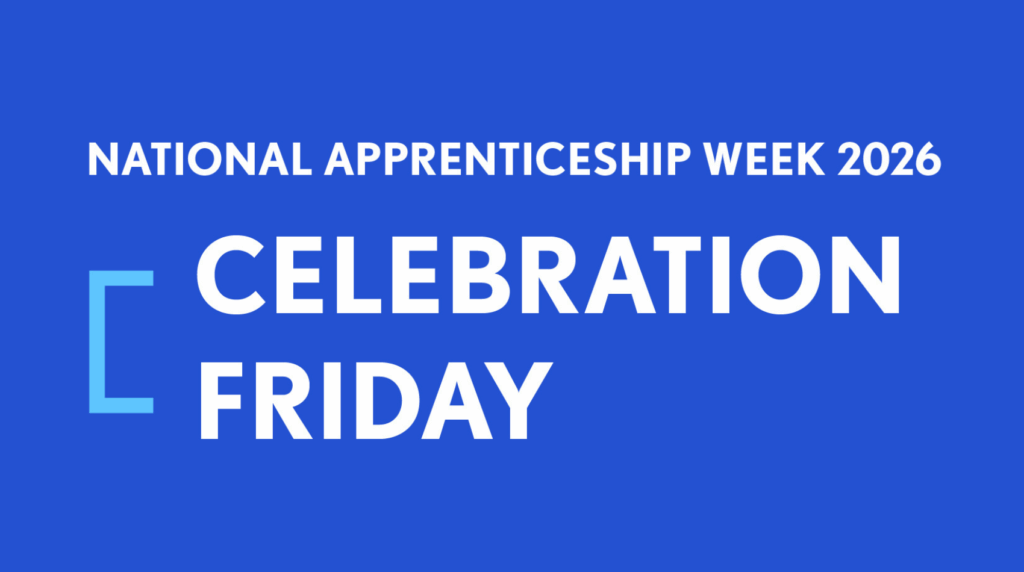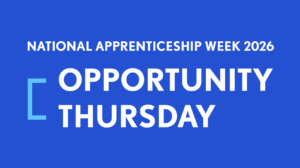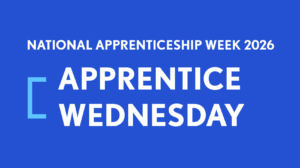Management - 2 Minute Read
What an applicants CV is telling you & what to look for when reading CVs. – Advice from Kiwi
Andrew Steel,
IT, Website & Marketing Manager
10th August 2021
So a position has become available in your company. You’ve advertised vacancies everywhere on LinkedIn, Indeed, CV library, Glassdoor, the works…
Now you’re neck-deep in CVs, and every one of them screams the ideal candidate. Finding the right employee is not a task you can breeze through blindly or approach in a slapdash fashion.
According to a recent study, the average recruiter spends only 6 seconds reviewing a CV. How can 6 seconds be enough time to recognise a person’s potential.
So how do you distinguish between the perfect candidate and someone who is not so suited to the role? Most people think that a CV is just their inform tell you about a candidates experience and job history. A good resume can tell you so much more than that! Here are a few insights that can reveal whether a candidate is suitable for the role or not.
So what should you be checking?
1. Organisation, attention to detail, and preparation
Has the person taken the time to format their CV to tell a straightforward story and background of their prior experience?
If the CV is presented neatly and is organised to explain their story best, this speaks volumes of how they prioritise their time and problem solve.
We all know the red flags, typos, grammatical errors, spelling mistakes. If anything, they highlight the candidate may be careless or lack the attention to detail needed for your role. When recruiting, these details always matter. A CV is a formal written document and should be present just so.
2. Soft skills: communication, teamwork, and integrity
Spotting these soft skills on a CV isn’t easy, so what can you look for to identify them? Start with the understanding that the foundation of these skills is consideration and empathy.
Demonstrating this can be doing something as simple as giving credit where credit is due. Is the candidate presenting their success as solo efforts or as the result of collaboration where each member played an important role?
The team player analogy can often seem like a cliché in CV writing but is a necessary skill for any working environment. In a world where many of us spend most of our time working remotely, teamwork and collaboration have never been more essential.
Even if your business is just you, you’ll be better served by having a team player working for you—so look for signs of teamwork.
3. Drive and determination
No employer wants to hire someone who isn’t self-motivated. A business is hard enough to run already, let alone when your other staff have to carry deadwood. When looking for a newcomer, look for signs of tenacity on their CV.
When faced with a challenge, did the candidate stick to it and try different approaches to win for their client or previous employer? Determination can be hard to demonstrate on a CV, but it is not impossible to look at the time spent in their previous role and how they developed throughout it. Take note of any recognised successes. Did they complete further training? Is there any achievements or evidence that their efforts benefited the businesses? Results can show this, percentages increases or decreases, numbers of people served, or products made.
4. Signs of success
A CV can reveal a lot about the depth of an applicant’s experience, though don’t assume a long and varied accounting of their past positions means that they are a strong candidate.
How long was a candidate at their past workplace? Would this have given them sufficient time to gain the experience the role requires? A long tenure can be impressive, but if the candidate didn’t achieve anything, this could highlight that they struggled in the role.
The only caveat to this argument is that they may not have had the same opportunities to demonstrate their actual value in their previous role. Everyone’s story and career path are different. When searching through a CV, the most important thing is to create an image of the ideal candidate and select those who describe themselves as close as possible to that description or highlight the potential to reach that description. Once you’ve narrowed it down to your shortlist, now’s the time to note down these areas and use them to inform the questions you’ll ask during the next stage of the hiring process, the interview. But that’s for another day.
In the future, we aim to bring you more topics on employability from both an employer and an employee perspective. However, if you would like more help finding the employee that’s right for you, why not consider our traineeship or apprenticeship program.
We take pride in helping connect companies and organisations to the right people looking to gain experience and develop their skills ready for the workplace of tomorrow!
Get in touch today, we would love to hear from you!
Call us on – Tel: 02380 170380.
Or email us on – Hello@Kiwieducation.co.uk
Employers
Read More
Individuals
Available Courses
International
Our Partnerships


